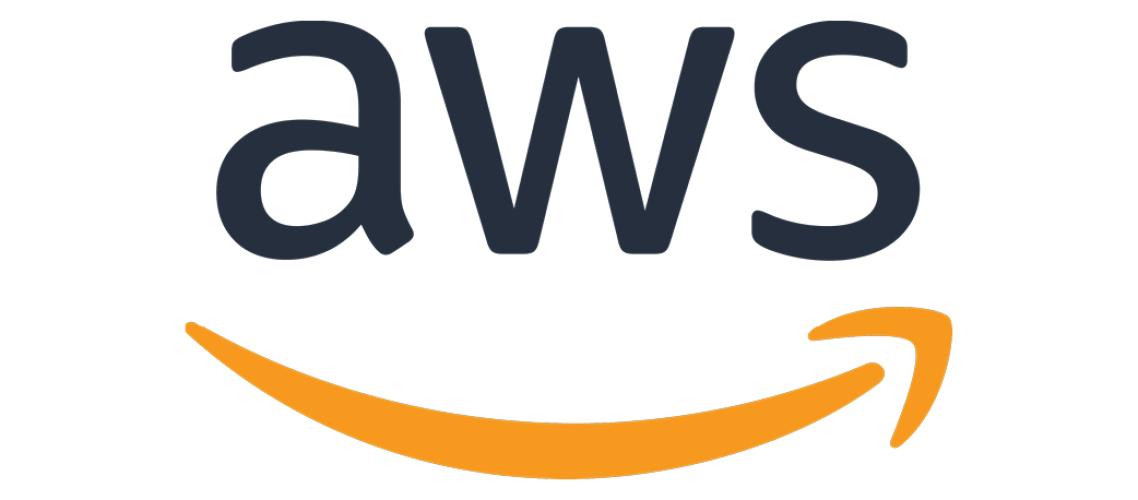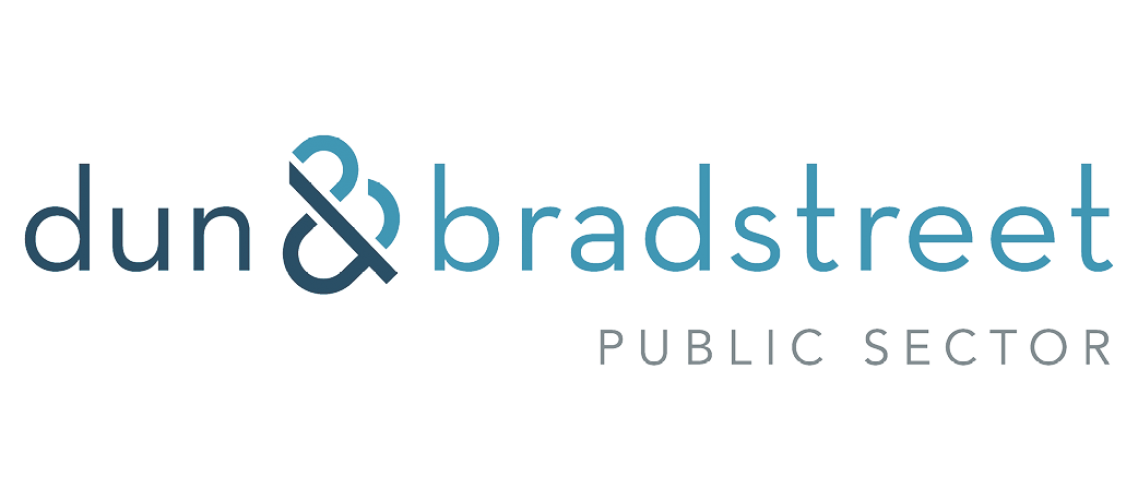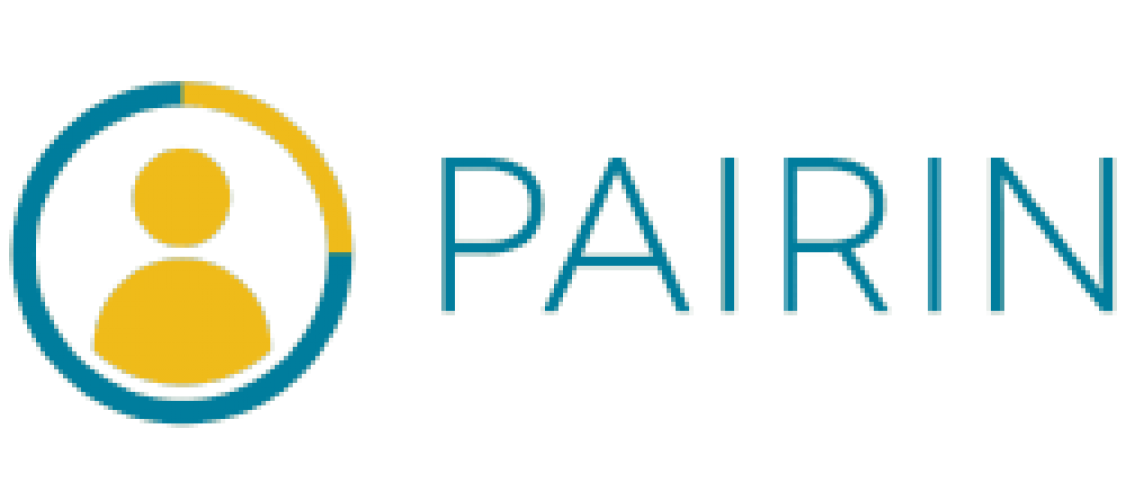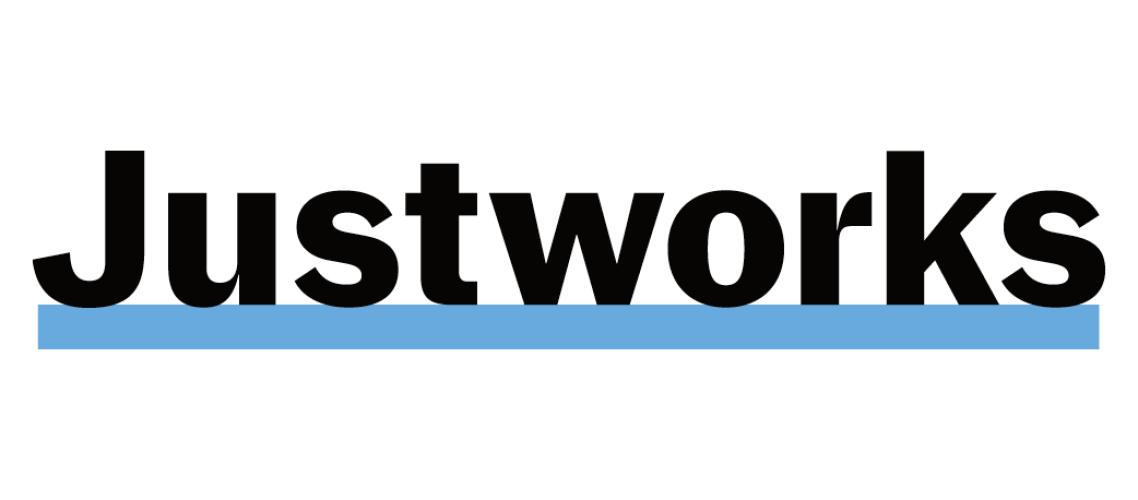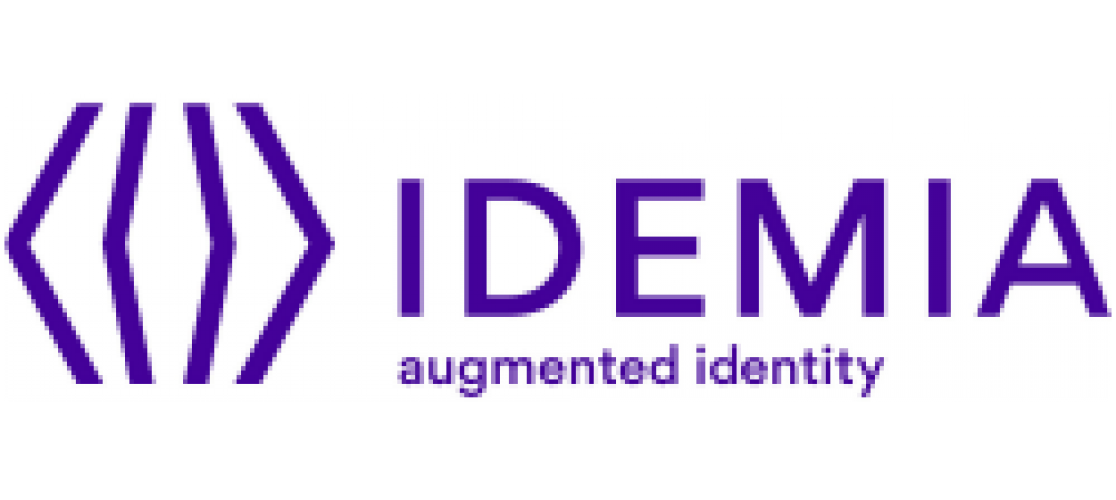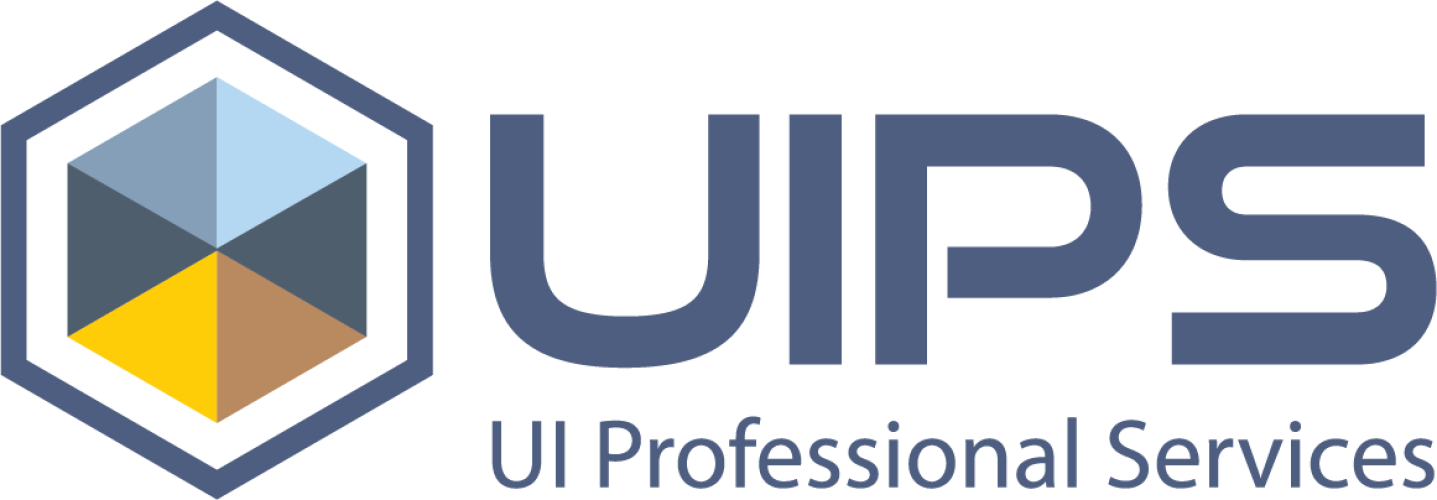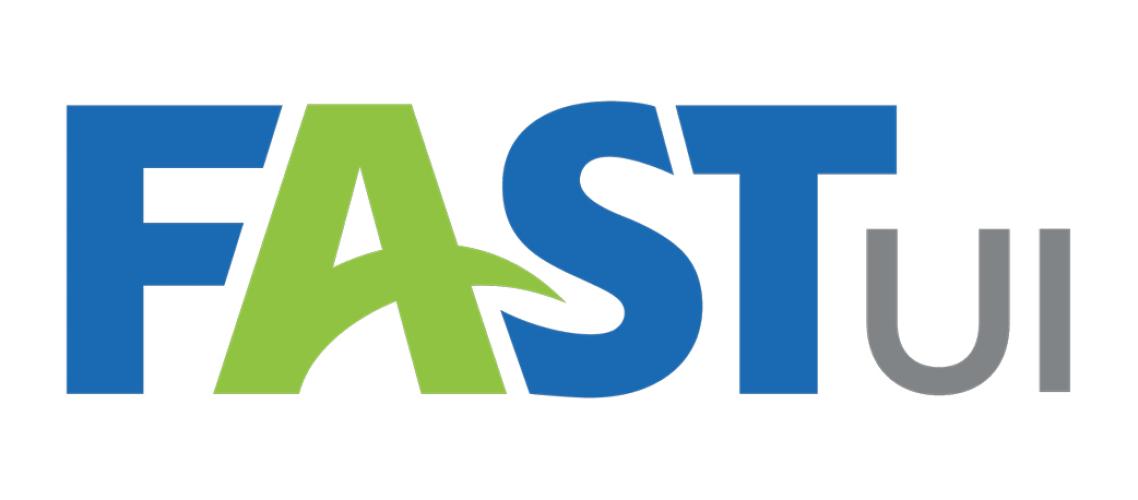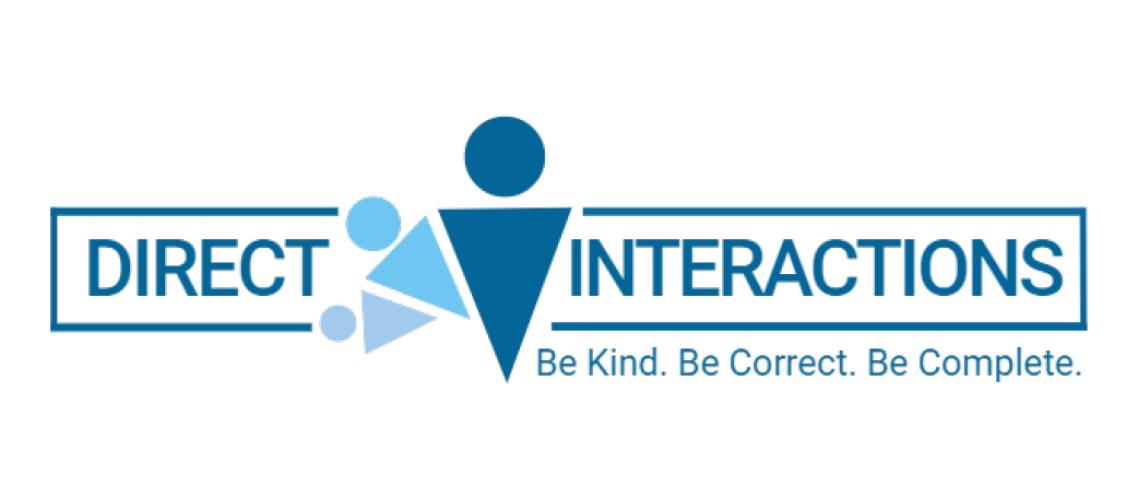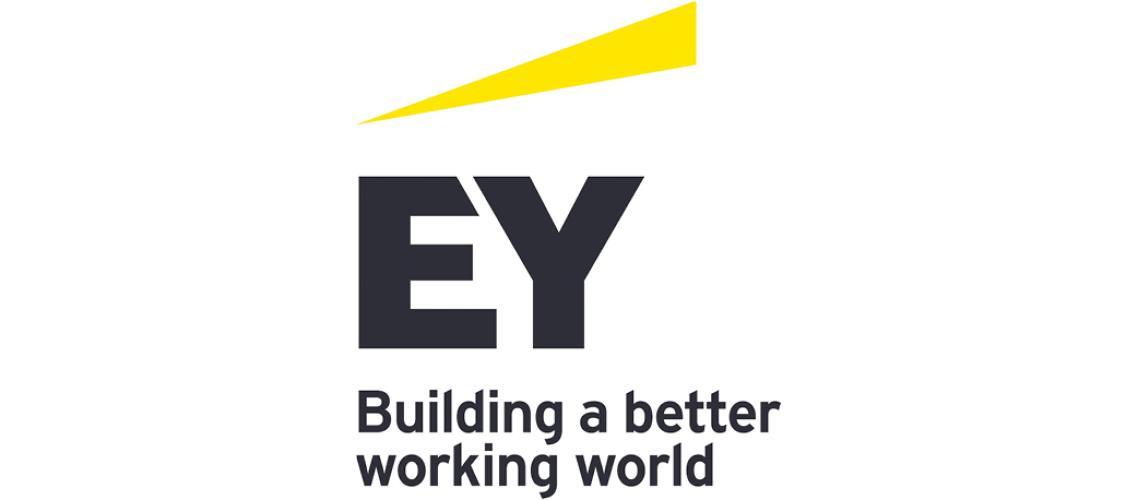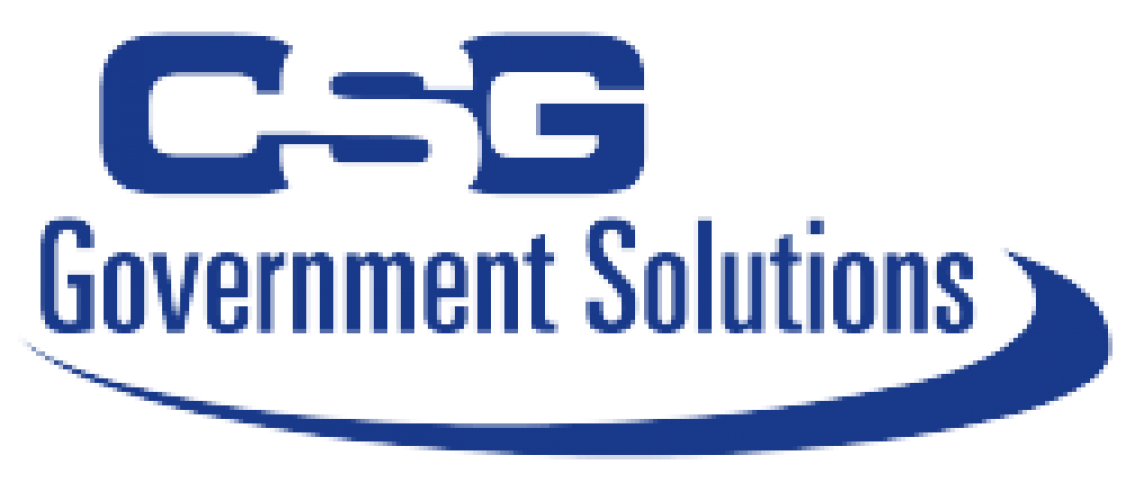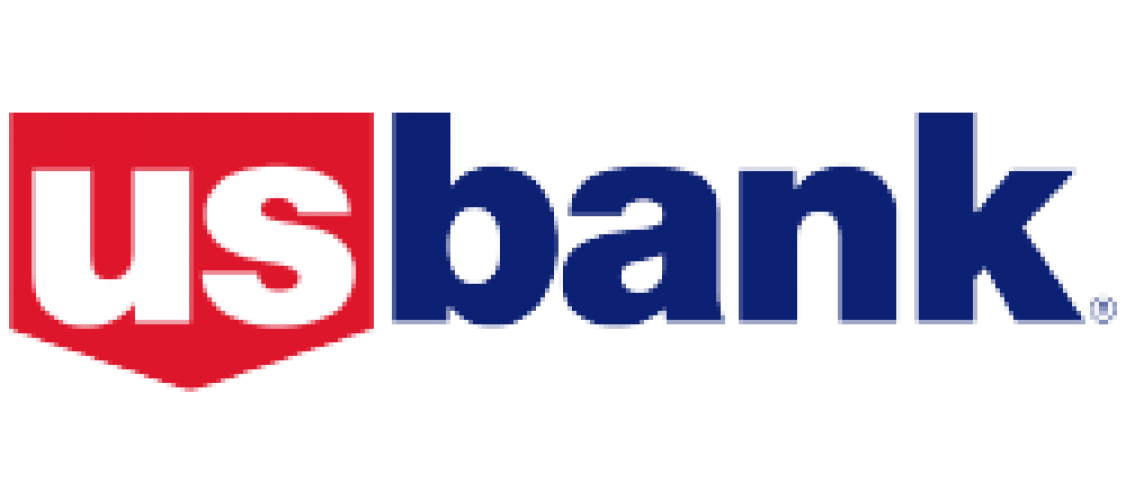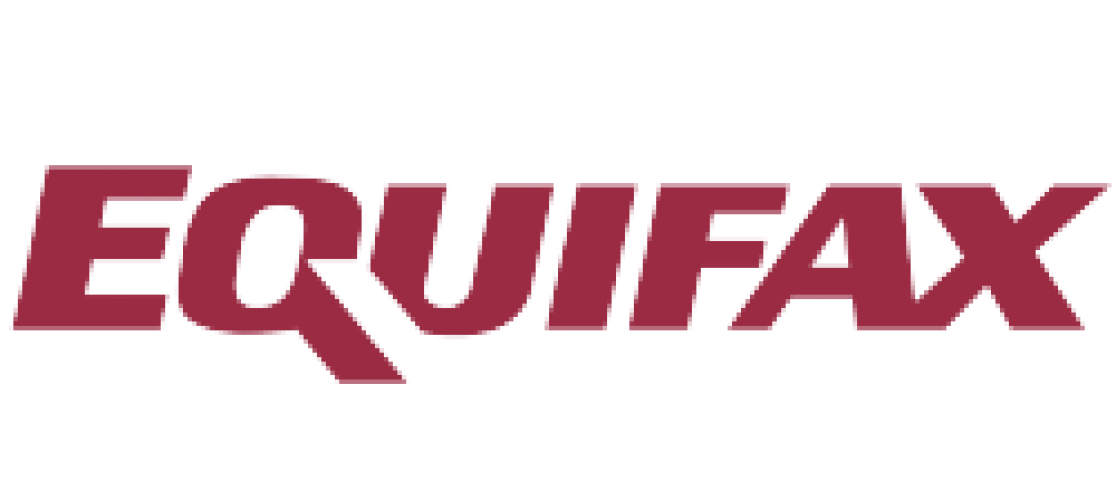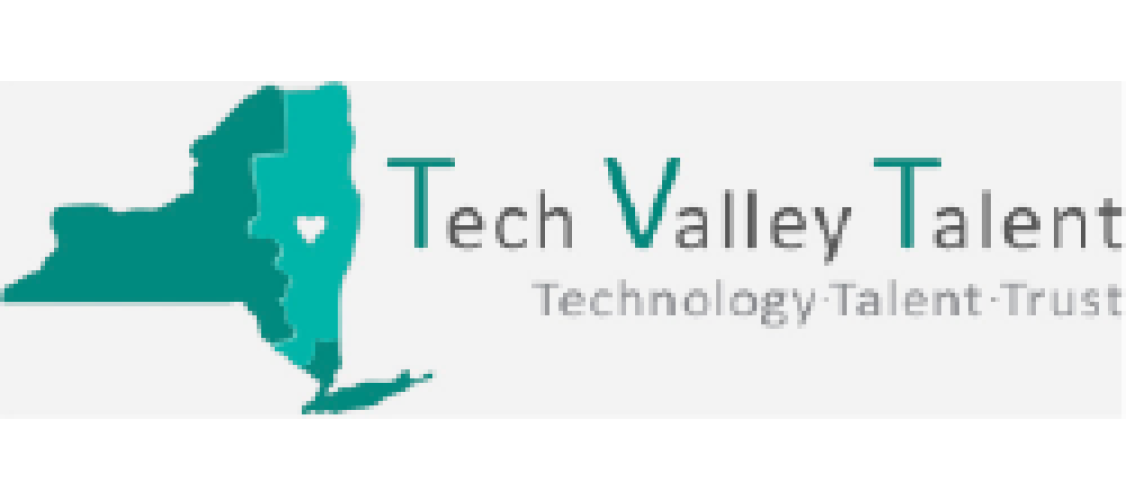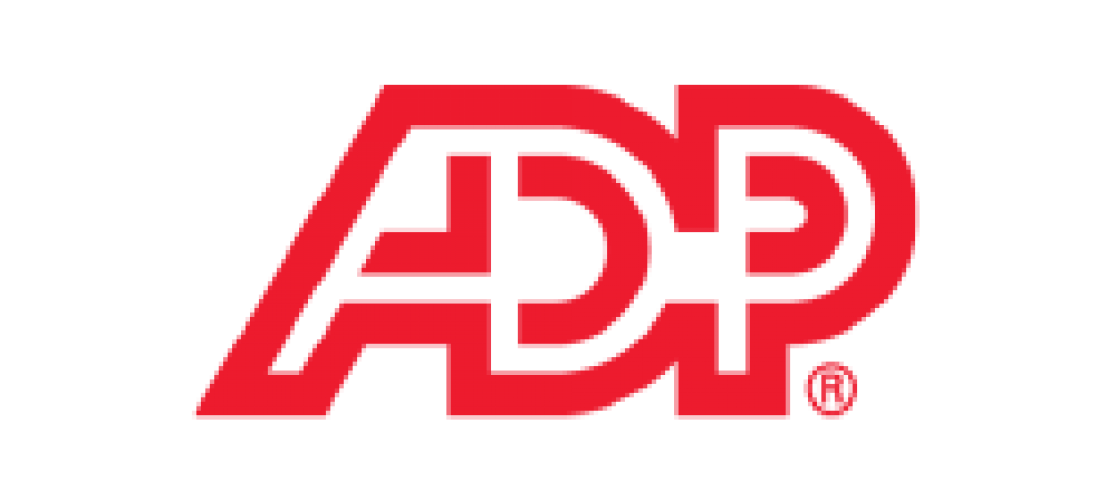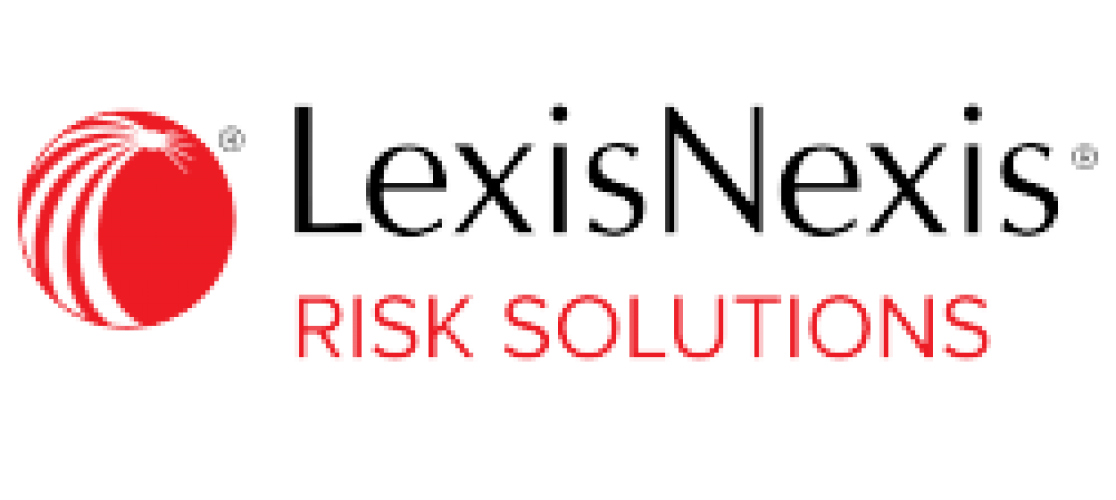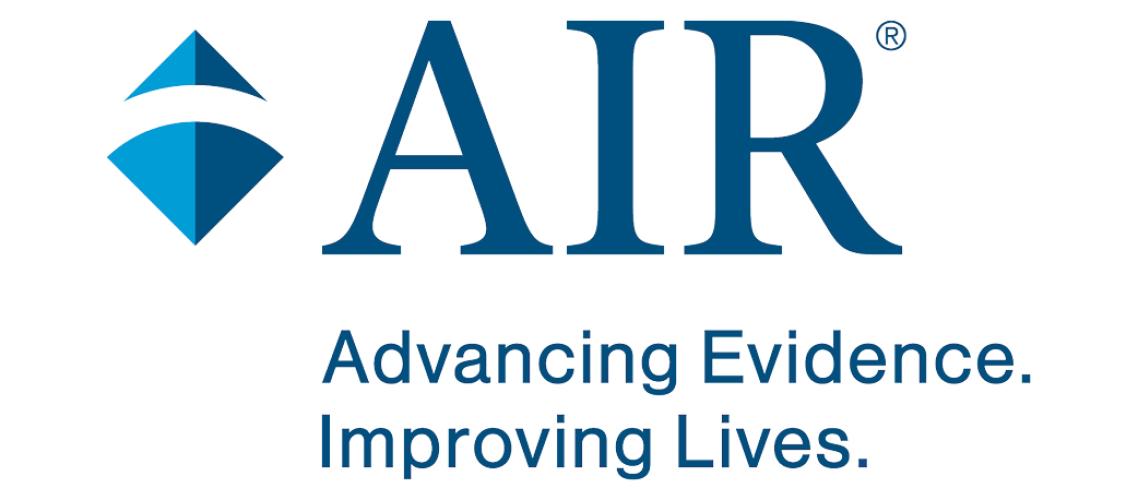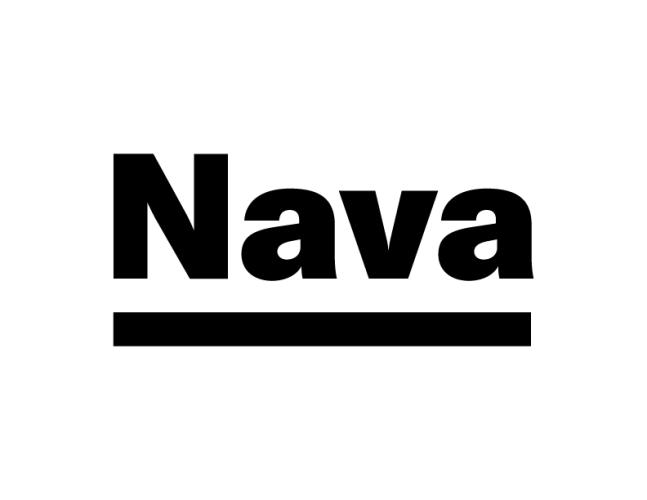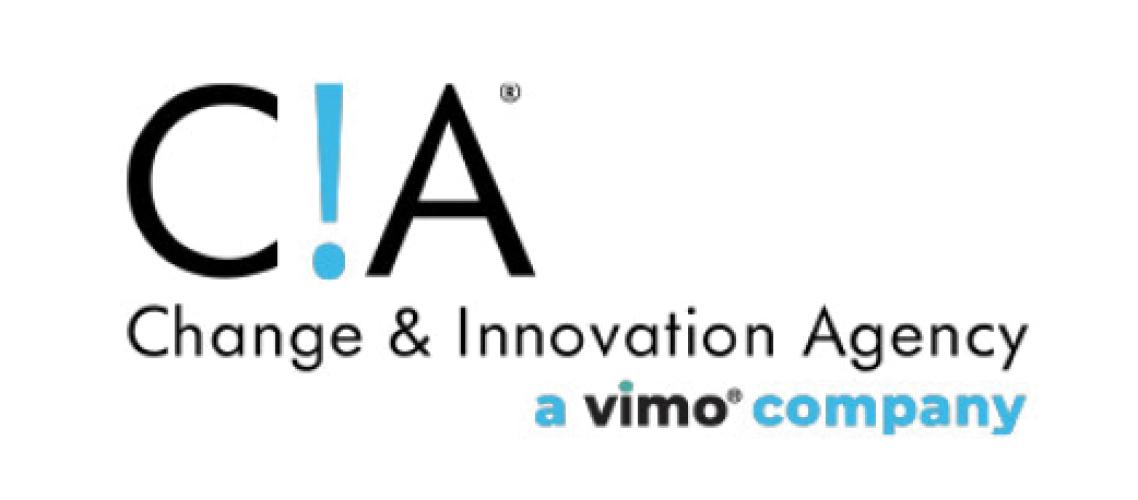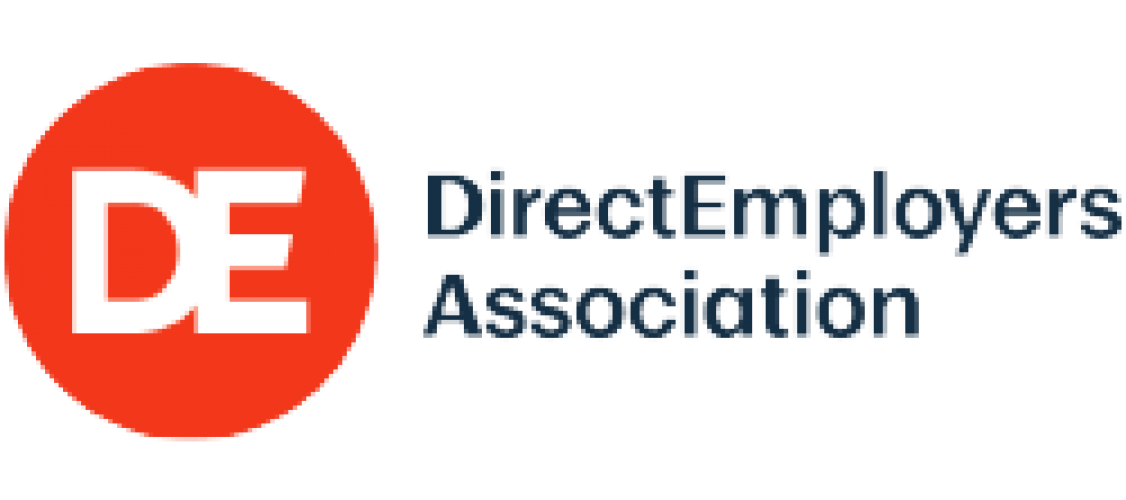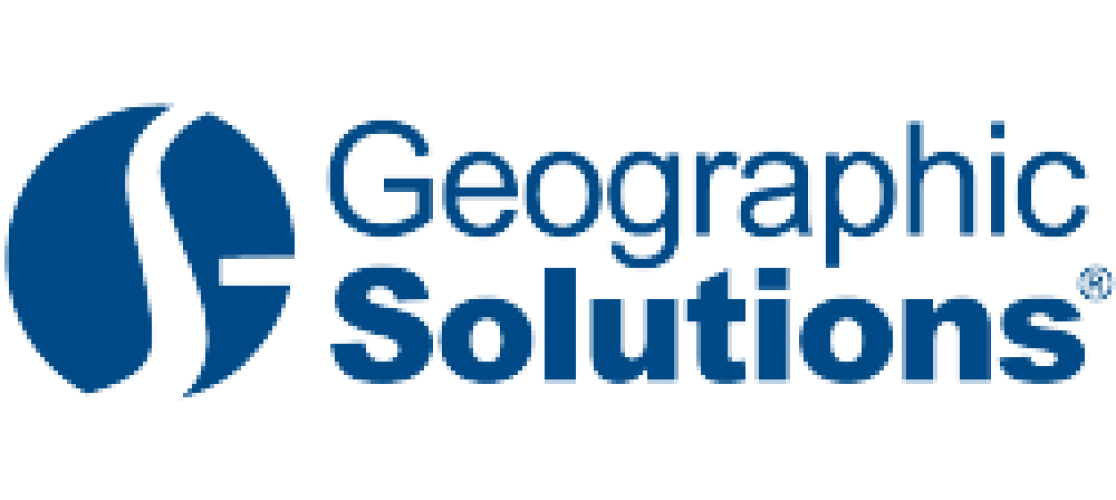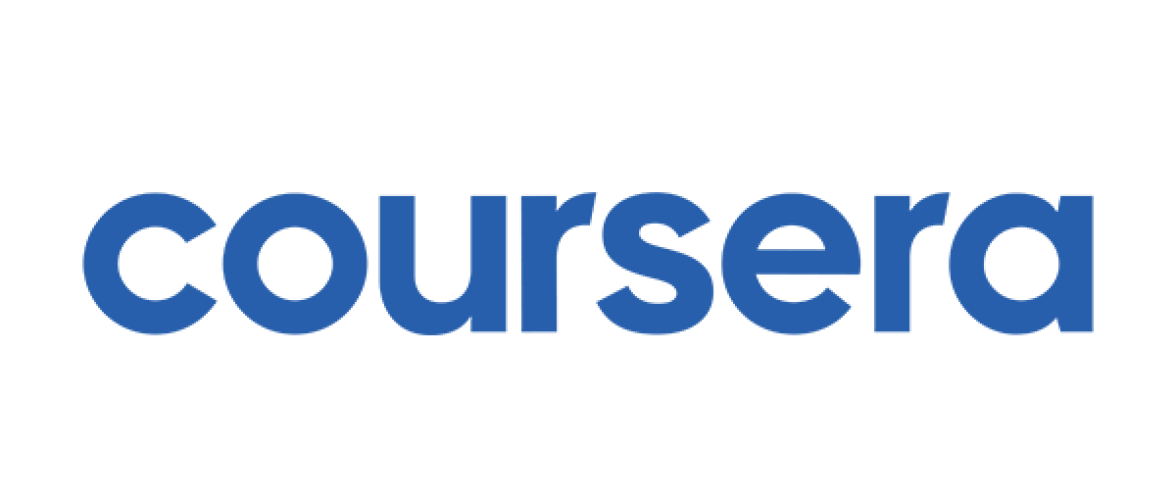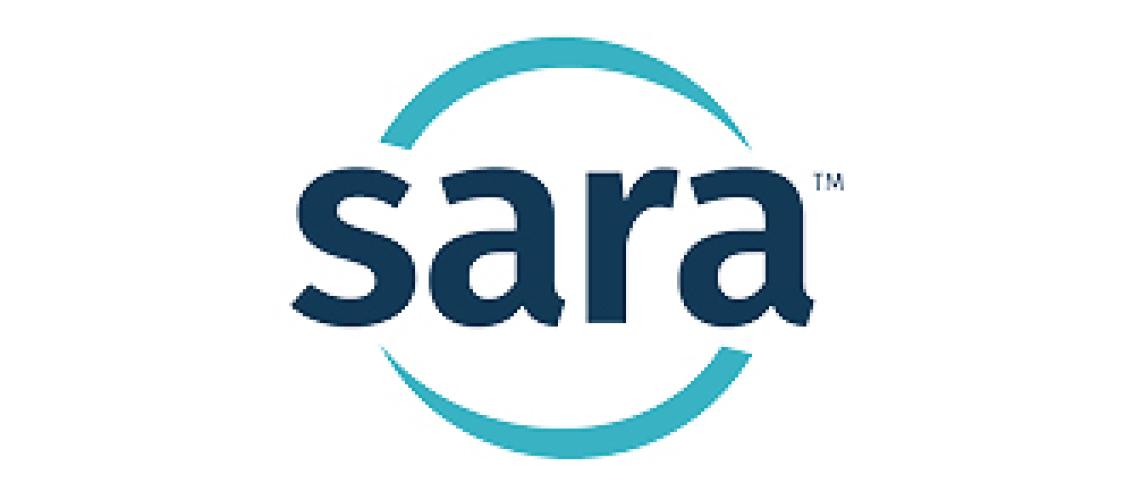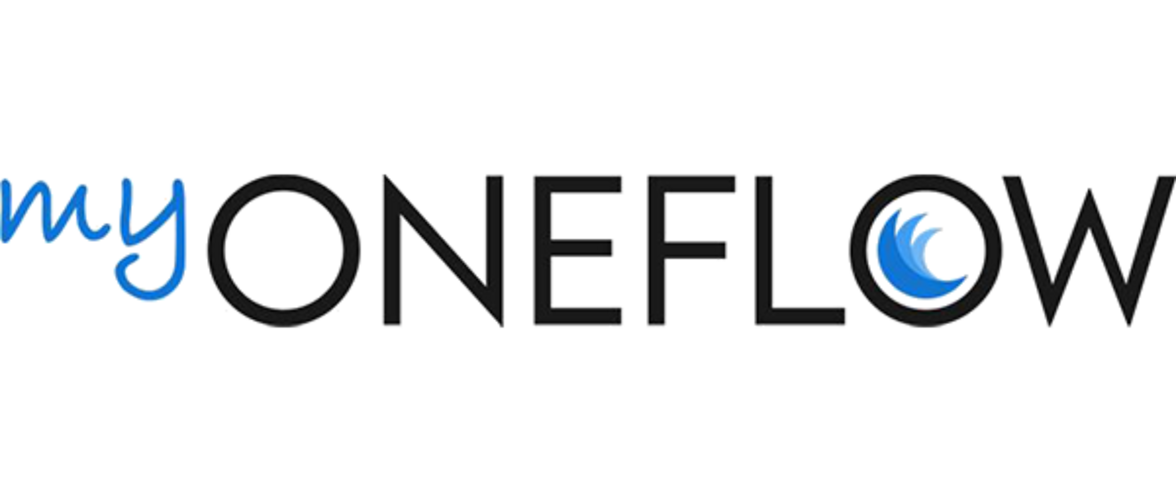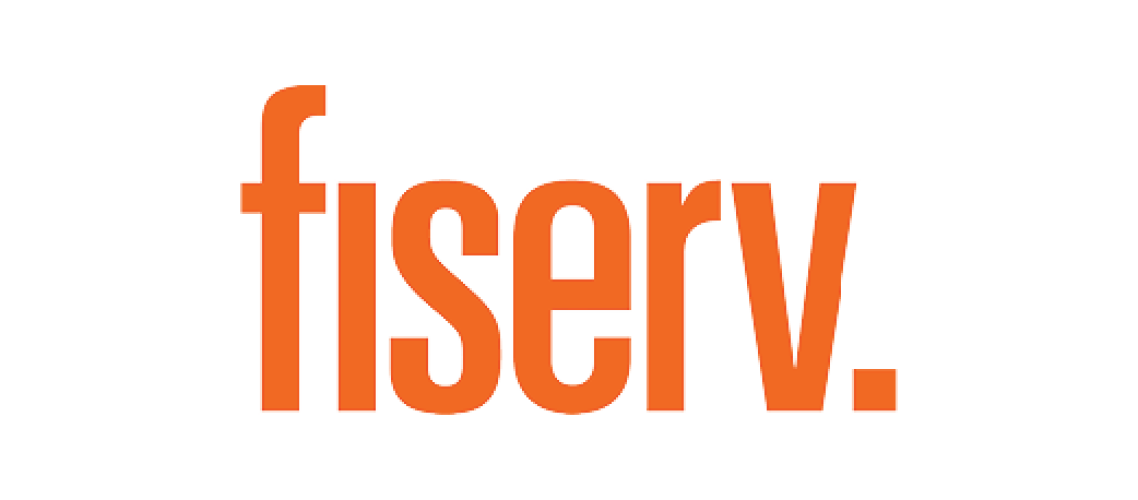Florida's Reemployment Services and Eligibility Assessment (RESEA) Initiative
Overview
The Reemployment Services and Eligibility Assessment (RESEA) Program is a worker profiling and reemployment services system that identifies new Unemployment Compensation (UC) recipients who are most likely to exhaust their regular benefits before returning to the workforce and involves them in reemployment services as a condition of eligibility to receive RA benefits. In Florida, the UC program is referred to as Reemployment Assistance (RA). Florida’s RESEA program also targets transitioning Veterans receiving Unemployment Compensation for Ex-Servicemembers (UCX). RA claimants who are determined to be eligible for the RESEA program are automatically scheduled and mailed a letter to appear for a RESEA appointment at their nearest career center.
How RESEA is Being Used to Help People Get Good Jobs with Employers Who Say They are Having Trouble Finding Workers
Florida has structured its workforce system to allow Local Workforce Development Boards (LWDBs) the flexibility to develop programs that are responsive to their diverse local economic needs, including the RESEA program. RESEA requires, at a minimum, that each RA claimant referred to the program be provided with the following four services: orientation, initial assessment, labor market information and employability plan development. These services provide the foundation for LWDBs to tailor additional services that prepare job seekers to meet the local talent needs of employers, including those having trouble finding workers. Additionally, LWDBs use labor market data to assist job seekers in understanding which jobs are in demand and what the specific employer needs are in their local area.
How In-Person RESEA Services Are Helping Lower-Income or Lower-Skilled Workers Get Back on Their Feet
Low-income job seekers and low-skilled workers may lack certain resources and skills needed to effectively reconnect with employers. Staff-assisted services help job seekers overcome these potential barriers and provide guided assistance to reentering the workforce. Veterans benefit from staff-assisted services by understanding how their military skills translate to civilian-sector employment as well as being introduced to additional services offered at the LWDB.
RESEA activities are, primarily, individual, one-on-one appointments between the RA claimant and a case manager, as described below:
- The orientation, conducted in groups or individually, provides an overview of the RESEA program and its requirements, the services accessible at the career center, and information about partner programs and other community resources.
- The one-on-one initial assessment collects information related to the claimant’s skills, education, and employment history.
- Each claimant is provided with labor market information that is tailored to their current or future employment goals, such as which jobs are in demand, and what the specific employer needs are in their local area.
- An employability development plan is created to outline long-term and short-term goals and the appropriate steps to achieve those goals.
- Finally, each claimant is referred to at least one additional reemployment service that was identified during the appointment, e.g. resume assistance, interviewing skills, financial management workshops, referrals to partner programs, training, etc.
Why RESEA Is Important in Florida
The RESEA program provides Florida RA claimants the opportunity to engage with the workforce system to receive a combination of targeted staff-assisted services that RA claimants may not customarily utilize. Nationally, it has been proven that this level of engagement provides claimants the opportunity to get back to work sooner and become economically self-sufficient.
OUTCOMES
To achieve optimal program outcomes, Florida continues to evaluate and further develop the RESEA program to ensure the appropriate individuals are identified for participation and engaged in the RESEA program, as described below:
UC Profiling Model: An analysis of the current model and the data collected from the pilot program were used to develop an updated UC profiling model. The updated model combines claimant-specific characteristics with the unemployment rate in the county of residence at the time of claim submission to predict the probability that a claimant exhausts their benefits before obtaining meaningful employment.
Analysis Task Force: Florida’s Division of Workforce Services created an internal task force that is currently conducting a comprehensive analysis of the program. The task force includes representatives from the Bureau of Reemployment Assistance, the Bureau of One-Stop and Program Support and the Bureau of Workforce Statistics and Economic Research. The goals of the task force are to assess the quality of the program, measure the effectiveness of the programs delivered across the state, and identify potential improvements that can be made to better serve the needs of program participants. The use of new business intelligence tools and statistical analyses, along with the data collected through the program, will increase the ability to analyze the program with the goal of delivering services more effectively and efficiently.
